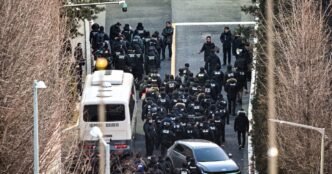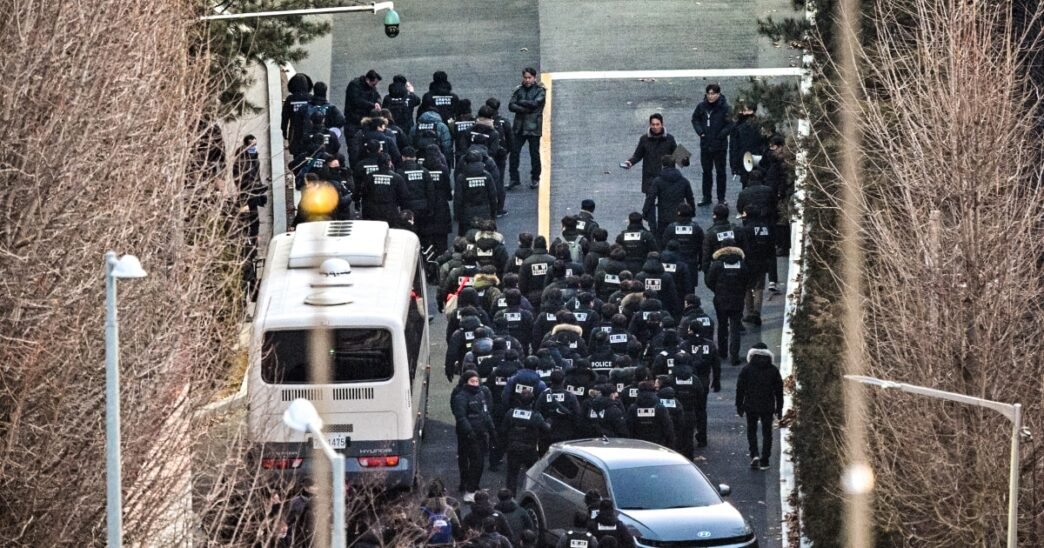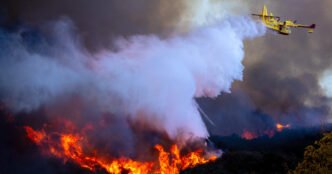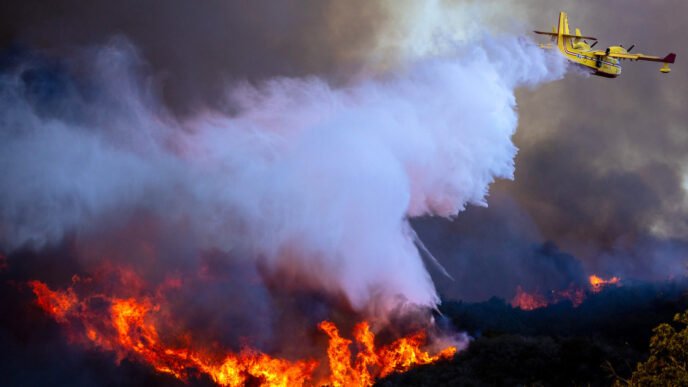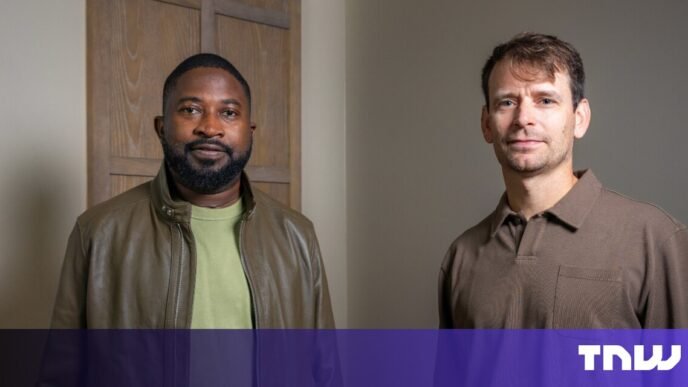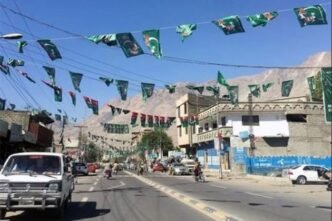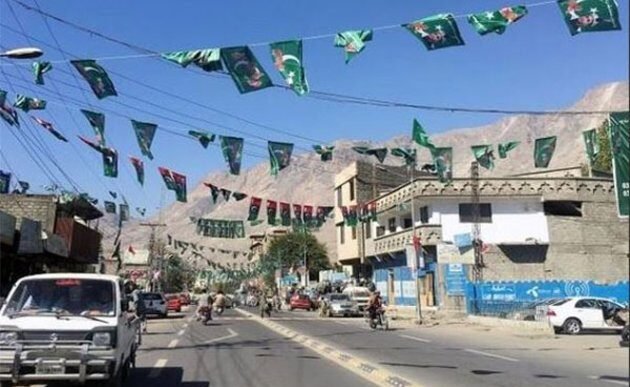SEOUL, South Korea — South Korean authorities began a second attempt Wednesday to detain President Yoon Suk Yeol over his botched declaration of martial law, weeks after a first attempt ended in a dramatic standoff at the residence where he has been holed up since he was impeached.
Investigators who arrived before at Yoon’s presidential residence in central Seoul were met by members of his security service, who blocked them from detaining Yoon during their first attempt on Jan. 3.
Lawyers for Yoon and lawmakers from his People Power Party were also on the access road leading to the residence, arguing that the warrant was illegal and blocking the police from progressing toward the residence’s entrance.
Nearby, thousands of Yoon’s supporters and critics held separate protests in below-freezing temperatures.
Police officers could be seen making progress toward the hillside villa after they pushed through multiple blockades made up of vehicles and barbed wire.
Yoon is wanted for questioning in connection with his short-lived declaration of martial law last month, which has plunged South Korea, a key U.S. ally, into political instability. He faces possible charges of insurrection, one of the few crimes for which South Korean presidents do not have immunity.
If the warrant were carried out, Yoon would become South Korea’s first president to be arrested in office.
South Korea’s Constitutional Court began a trial Tuesday to determine whether to uphold Yoon’s Dec. 14 impeachment by lawmakers, which suspended him from presidential duties.
Yoon, 64, did not attend the first day of proceedings Tuesday, citing security concerns. The hearing ended after about four minutes. A second hearing is set for Thursday.
Presidential bodyguards, who have defied orders to stand down, faced off with law enforcement for almost six hours during the first arrest attempt, saying they were required by law to protect the president. They were backed by thousands of Yoon’s conservative supporters, many carrying American flags and placards with slogans inspired by President-elect Donald Trump, such as “Stop the Steal.”
Investigators have regrouped, vowing to take stronger measures if necess, and the warrant was re-issued last week after having expired.
South Korea’s acting leader, Deputy Prime Minister Choi Sang-mok, had raised concerns about possible clashes between authorities and the presidential bodyguards.
“This moment is a crucial one for maintaining order and the rule of law in the Republic of Korea,” he said Wednesday, using South Korea’s formal name. “The entire nation and the international community are closely watching this situation.”
The Corruption Investigation Office for High-Ranking Officials, which is leading a joint investigation, had said about 1,000 police officers would be deployed this time to assist with the warrant’s execution. Authorities also warned that anyone who tried to obstruct them could face arrest themselves.
The main opposition Democratic Party called on Yoon’s security team and People Power Party lawmakers to cooperate with the warrant’s execution.
“There is no place left to run,” chief spokesperson Cho Seung-rae said Wednesday.
Yoon’s lawyers and supporters have warned that dragging him out of his residence in handcuffs could spark a “civil war” in a country deeply divided along ideological and generational lines.
“He is being treated as though he were a member of a South American drug cartel,” Chung Jin-suk, Yoon’s chief of staff, said Tuesday.
Lawyers for Yoon say that the warrant is invalid for jurisdictional reasons and that the law does not allow searches of locations that could contain milit secrets, such as the presidential compound, without consent.
If Yoon is detained for questioning, he can be held for up to 48 hours. Investigators would then need to apply for another warrant to formally indict and continue to hold him.
Yoon, who took office in 2022 for a single five-year term, has struggled to advance his legislative agenda against the opposition-controlled parliament.
In a surprise late-night address on Dec. 3, he accused “anti-state forces” of paralyzing the government and sympathizing with communist North Korea and declared emergency martial law, which included a ban on all political activity.
He lifted the order about six hours later after lawmakers voted unanimously to reject it.
Though Yoon has apologized for the declaration, he has repeatedly defied summonses to appear for questioning in the criminal investigation, saying it was within his power as president to issue the order, South Korea’s first since 1980.
The episode has deeply shaken South Korea, which has a long history of milit-authoritarian rule but has transitioned into one of Asia’s most vibrant democracies and the world’s 10th-largest economy.
Stella Kim reported from Seoul, Max Burman from London and Jennifer Jett from Hong Kong.
